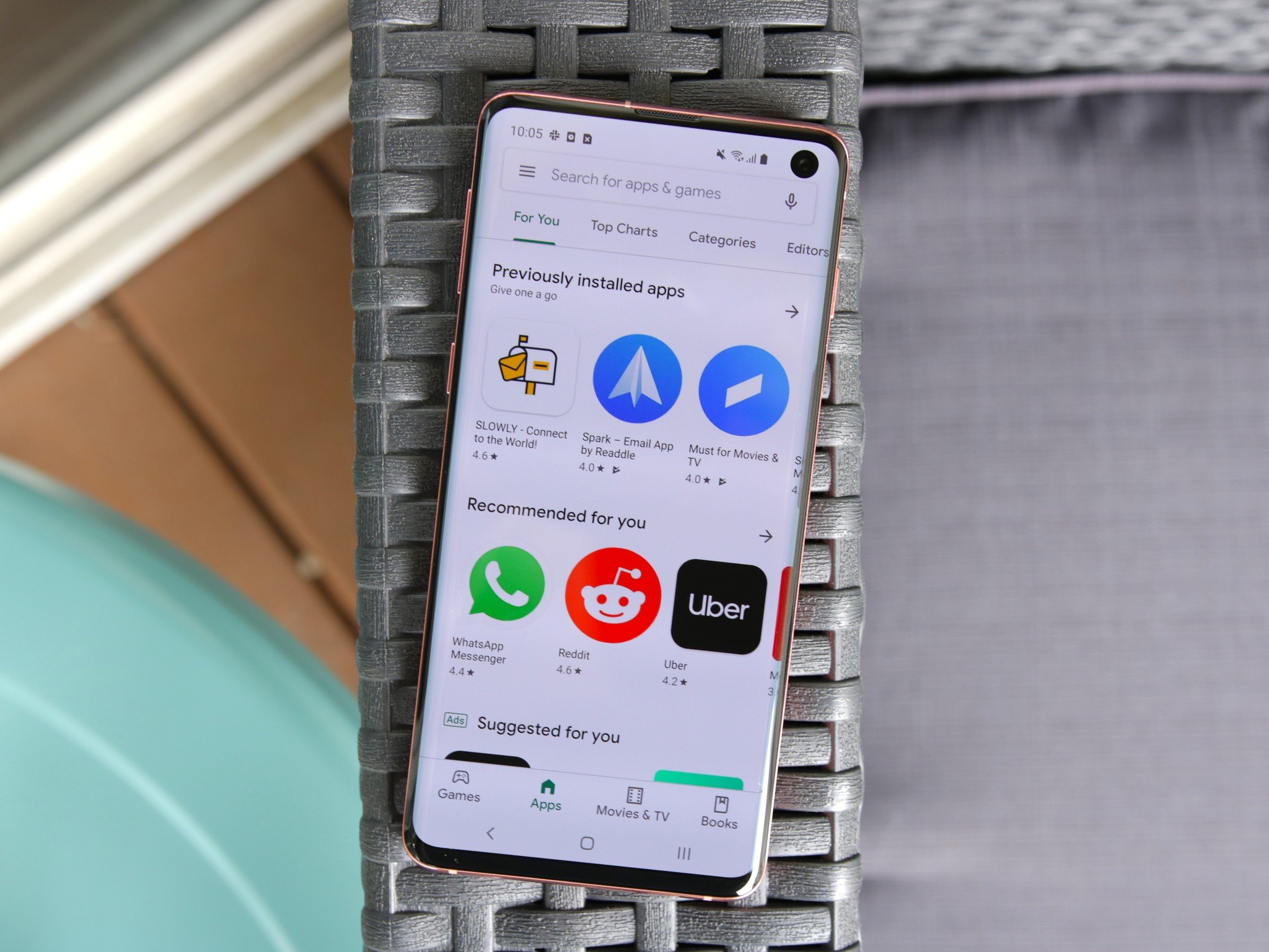South Korea bill could shake up Google and Apple's app store policies

What you need to know
- A new South Korean bill looks set to bar Google and Apple from imposing their in-app payment systems on developers.
- The regulatory move poses a threat to the tech giants' key revenue stream.
- Legislators are expected to vote on the new legislation on Wednesday.
Google and Apple's in-app payment systems for developers in South Korea may soon come to an end. The country's legislators are expected to give their final verdict on Wednesday for a new bill that seeks to stop the tech giants from forcing developers to obey their respective in-app purchase policies, as per Reuters.
The new legislation is an amendment to the "Anti-Google law," officially known as the Telecommunications Business Act. If approved, the legislation will curb one of Google's major revenue streams, banning it from taking a 30% cut from in-app purchases made on some of the best Android apps. This means developers will have the freedom to use other payment systems outside of Google and Apple's ecosystems once the bill passes into law.
Currently, app developers who use the Play Store or App Store are required to use both companies' in-app payment systems for digital transactions made on both marketplaces. This practice has sparked criticisms against the tech giants due to its "draconian" nature.
Earlier this month, U.S. senators have proposed a bill meant to ease the tight control they believe Apple and Google exert on the app market. The bill's proponents said the companies maintain a level of control over their respective app stores that lets them "exclusively dictate the terms of the app market, inhibiting competition and restricting consumer choice."
Last year, Australia also launched an investigation into the mobile app market in the country that covered both the App Store and Play Store. The latest legislation in South Korea marks another major regulatory move against Google and Apple for their app marketplace practices.
Google was not immediately available to comment.
Have you listened to this week's Android Central Podcast?
Get the latest news from Android Central, your trusted companion in the world of Android

Every week, the Android Central Podcast brings you the latest tech news, analysis and hot takes, with familiar co-hosts and special guests.

Jay Bonggolto always keeps a nose for news. He has been writing about consumer tech and apps for as long as he can remember, and he has used a variety of Android phones since falling in love with Jelly Bean. Send him a direct message via X or LinkedIn.
